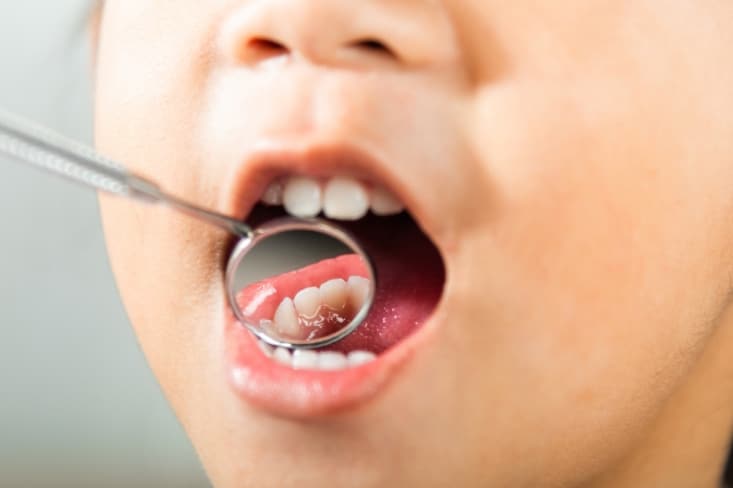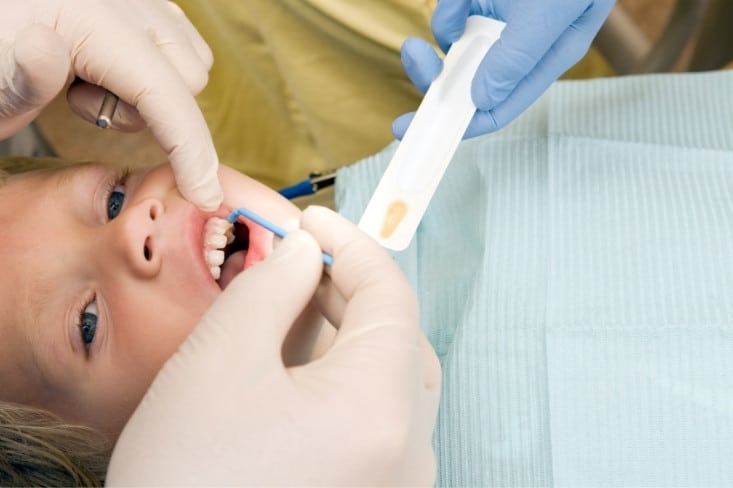
Are you facing bedtime brushing battles? That’s not your child being obstinate. Cavities don’t discriminate based on how adorable your child is. Small teeth vigorously encounter significant danger sooner than you realize. Cavity prevention in children isn’t a choice. It’s a must.
Sugar sneaks into “healthy” snacks more often than you’d think. Pediatric dentistry witnesses avoidable problems every day. Those little baby teeth are getting the job done. Healthy habits begin now, or expenses will increase later.
Why Baby Teeth Matter
Baby teeth aren’t just placeholders. They’re functional superheroes. They significantly help children chew food and speak clearly. Strong baby teeth also guide adult teeth into their proper position. If you ignore them, long-term oral issues can arise.
One common myth? “They’ll fall out anyway.” However, this is not true. Decay can affect permanent teeth as well.
Pediatric dentistry in San Antonio, TX, emphasizes early care for lifelong benefits. Cavity prevention for kids protects both short- and long-term smiles.
Healthy habits now can help prevent the need for braces down the road. Baby teeth are more important than most parents know.
What Causes Cavities in Children?
Sticky plaque can adhere to teeth after meals. Sugar nourishes bacteria lurking in that plaque. Additionally, bacteria release acid that can quickly wear away enamel.
Cavity prevention in children begins with learning this cycle. Even baby teeth can be susceptible in a matter of days. Cavities cause pain and infection if you leave them untreated.
Pediatric dentistry commonly fixes preventable decay in toddlers. You must limit the sugar and brush every day to fight back. Damage can start in just 20 minutes after a meal.
Signs of Tooth Trouble
You must look for white spots or brown stains. Sensitivity to hot or cold could be a sign of decay. Lingering bad breath means something might be cooking inside. Cavity prevention in children involves paying attention.
Chewing pain is never normal. Teeth coming loose too soon can be a sign of a problem. Regular checkups in a pediatric dentistry clinic are significant. Early discovery significantly avoids larger teeth problems down the line.
Don’t delay. Delays have the ability to make small decay become worse. You must always follow your hunches concerning your child’s smile.
How to Secure Cavity Prevention in Children?
Daily Dental Routine That Works
You need to encourage your kids to brush their teeth twice daily with fluoride toothpaste using a pea-sized dab. Consider using soft-bristled brushes that are designed for toddlers.
Assist brushing until children are about 7–8 years old. Also, promote them to floss daily, once two teeth touch each other. Get kids to enjoy flossing with picks or flavored floss.
You should introduce alcohol-free mouthwash around age 6, if necessary. Additionally, use a brushing chart to monitor progress.
Diet and Cavity Prevention
Consider providing snack foods that ward off cavities, such as cheese, crunchy fruits and vegetables, and water. You must avoid juice, sticky fruit snacks, soda pop, and sugary cereals. Provide fresh fruit instead of gummies or fruit leather. Give them sugarless gum (xylitol-based) to chew for school-age children.
Substitute candies with stickers or fun activities as rewards. Make sure they rinse their mouth with water afterward if brushing is not possible. You can provide calcium-containing foods with every meal. Cavity prevention for children also translates to wiser snack time.
Pediatric dentistry applauds preventive food substitutions. You should teach children about how food impacts their teeth.
Cavity prevention for children doesn’t mean perfection, merely consistency. You must begin small, develop good habits, and protect those precious smiles. Pediatric dentistry involves parents every step of the way.







